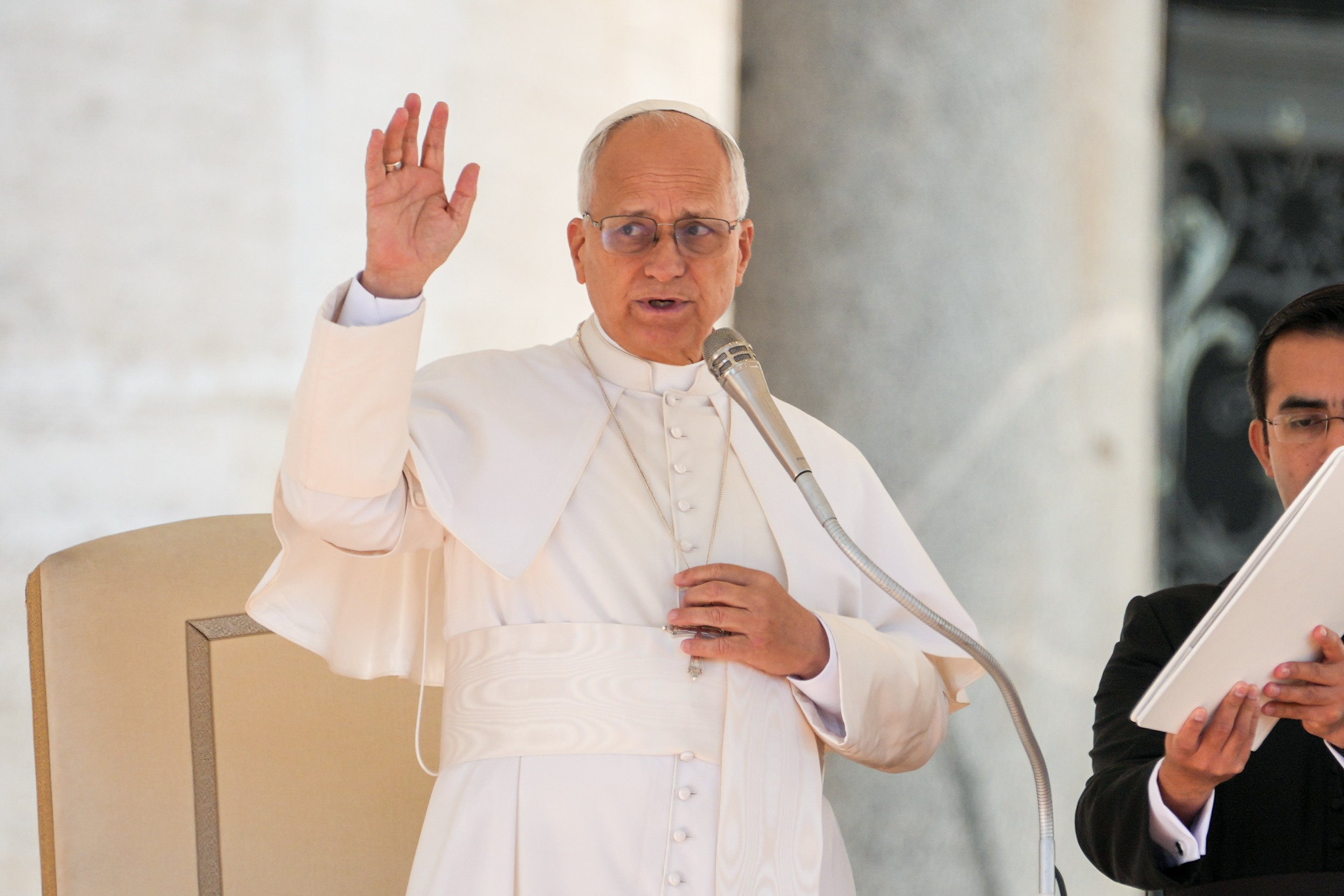May 15, 2018 at 9:15 p.m.
FROM A READING FOR MAY 20, PENTECOST
‘Now there are varieties of gifts, but the same Spirit; and there are varieties of
services, but the same Lord; and there are varieties of activities, but is is the same God who activates all of them in everyone...’ — I Cor 12:4-6
Pentecost is the 50th day and final day of the Easter season. Pentecost celebrates the coming forth of the Holy Spirit upon the Apostles and disciples following Jesus’ ascension to the right hand of the Father in heaven.
Why do we call it Pentecost and not the solemnity of the Holy Spirit? To answer that question, we have to look for the etymology of the meaning of Pentecost. The word “Pentecost” is the Greek name for the feast of weeks, a prominent feast on the calendar of ancient Israelites which celebrated the giving of the law at Mount Sinai.
God gave the law, the Ten Commandments, which was known as the Mosaic covenant. In the same way, the giving of the Holy Spirit to the Church enables believers to be faithful to the new and everlasting covenant which was forged through Jesus’ suffering, death and resurrection.
This feast is still celebrated in Judaism as Shavuot. Since the Holy Spirit was given to us to recognize that Jesus is the fulfillment of the law and the prophets, the early Church uses the title of Pentecost to identify the coming of the Holy Spirit upon the Church.
This is described in Sunday’s first reading (Acts 2:1-11): “When the time for Pentecost was fulfilled, they were all in the same place together, and suddenly there came from the sky a noise like a strong driving wind.” The time of fulfillment refers to the stage of the Church in St. Luke’ compendium of Luke-Acts.
The Gospel of Luke begins with the infancy narrative, which is the culmination of the stage of Israel. Once Jesus is baptized at the Jordan, the stage of Jesus begins, which culminates with Jesus sending the Apostles to go forth and baptize all nations.
The stage of the Church which is told in the Acts of the Apostles is the time of fulfillment, when the Apostles and disciples witness Christ’s glorification. Through the power of the Holy Spirit, all has been fulfilled and it is now time for Jesus’ glorification, bringing together people from many nations, languages and races into one body of believers.
The Holy Spirit unites all humanity. Anything that seeks to divide humanity is not of the Spirit. “As a body is one though it has many parts, and all the parts of the body, though many, are one body, so also Christ” (1 Cor 12:12). Why, then, is the Christian Church divided? We understand we are many parts, but we also understand we are one body. To whose benefit does it serve that the Church remains divided? It benefits Satan, because if the many parts are at odds with each other, the body of Christ cannot witness effectively to the truth of the Spirit.
Who is the Church? We are the Church, and the stage of the Church which was established with the coming of Pentecost is the stage in which we are still living. Our lives are to give glorification to God through the power of the Holy Spirit. If we allow Satan to act in us to form hate and division, causing us to suspicious of one another based on ignorance and fear, then the many parts cannot act as one body and salvation cannot be proclaimed.
Jesus sends us forth with a message: “‘As the Father has sent me, so I send you.’ And when He had said this, He breathed on them and said to them, ‘Receive the Holy Spirit. Whose sins you forgive are forgiven them, and whose sins you retain are retained’” (Jn 20:21-23). We have a message to give, and it is a message of unity, not division. It is a message of transformation, not a message of destruction. It is a message of love, not a message of hate.
The once-and-for-all covenant of Jesus Christ has brought about the fulfillment of God’s plan of salvation. Pentecost brings about our call to fulfill God’s ongoing plan of salvation by allowing the Holy Spirit to act in us and to enliven our spirits. Let us pray as Sunday’s psalm (Ps 104) teaches us, too: “Lord, send out your Spirit, and renew the face of the Earth.”
The spirit lives in us as the body of Christ, and those many parts are called to act in concert with one another and renew the face of the Earth.
- Dig deep and work patiently to keep church on solid foundation, pope says
- Portland archbishop on ICE: Human dignity comes from God, not government
- Christian hope shows the earth can resemble heaven, pope says
- Washington Roundup: Election shifts; Venezuela vote; transgender passports, and more
- Novel highlights power of art and music as a salve to troubled humanity
- Supreme Court sides with Trump administration to temporarily block full funding for SNAP
- Former diocesan fundraising director indicted on wire fraud for alleged 6-figure theft
- Love is key to church’s mental health ministry, says bishop who lost family to suicide
- Caring for creation is part of peacemaking, pope tells COP30
- Security for Syria’s religious minorities is disastrous, say religious freedom advocates








Comments:
You must login to comment.